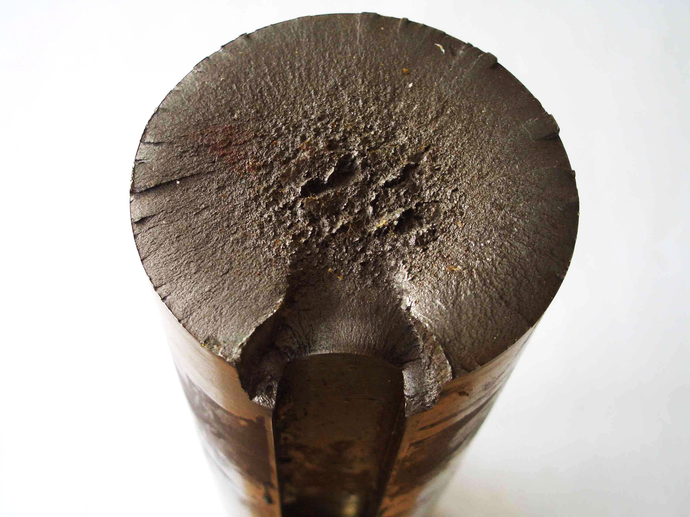
Analýza poškodenia
Naše odborné znalosti nám umožňujú identifikovať mechanizmy poškodenia a určiť príčiny poškodenia. Na základe týchto zistení navrhujeme opatrenia na prevenciu škôd. Vďaka našim komplexným odborným znalostiam Vás podporujeme pri zabezpečovaní dlhodobo stabilných a účinných komponentov.

Ušetrite čas a peniaze
Praktické skúsenosti ukazujú, že každá chyba, ktorá sa teoreticky môže vyskytnúť, sa v určitom okamihu aj vyskytne a zopakuje, ak sa s príčinami chyby nič neurobí. Preto je účelné systematicky identifikovať a dôsledne odstraňovať príčiny chýb

Náš tip
Vyhnite sa používaniu metód "pokus - omyl" a unáhleným opatreniam, aby ste predišli budúcim škodám. Tieto prístupy sa často ukážu ako neúčinné. Systematická analýza poškodenia Vám poskytne cenné poznatky o chybných komponentoch a umožní Vám zaviesť cielené pozitívne zmeny, ktoré zabránia opakovaniu porúch. To Vám otvára sľubnú cestu k dosiahnutiu optimálnych výsledkov.
Systematika škodovej analýzy

Posúdenie poškodenia kovových súčiastok a nástrojov v súvislosti s materiálom, procesom alebo aplikáciou, určenie a lokalizácia príčin a odvodenie vhodných, primeraných a uskutočniteľných preventívnych opatrení pre
- Trhliny a praskliny
- opotrebenie a poškodenie
- korózia
- kombinované mechanizmy poškodenia, napr. lom v dôsledku vodíkovej krehkosti, praskanie v dôsledku korózie pod napätím, únava povrchu v dôsledku frettingovej korózie atď.
Individuálne poradenstvo
Potrebujete pomôcť s analýzou Vašich dielov? Kontaktujte nás!
Náš tím materiálového servisu je pripravený vykonať dôkladnú analýzu Vašich dielov.
Posúdenie stavu materiálu a tepelného spracovania chybných dielov a nástrojov:
- Cieľové/skutočné porovnanie so špecifikáciami (skúška zhody)
- Posúdenie, či sú podmienky materiálu a tepelného spracovania určené pre neznáme diely typické, primerané a vhodné pre toto použitie
- Posúdenie chýb pri výrobe ocele a výrobe primárneho materiálu
- Posúdenie chýb súvisiacich s výrobou, napr. trecí martenzit, spálenie pri brúsení, chyby pri kovaní a odlievaní, chyby pri zváraní, chyby spôsobené eróziou, nevhodné tepelné spracovanie
- Posúdenie, či zistené chyby alebo odchýlky predstavujú typický rozptyl alebo či sa v konkrétnom prípade v dôsledku poškodenia skutočne znížila nosnosť súčiastky






